Popular in your industry





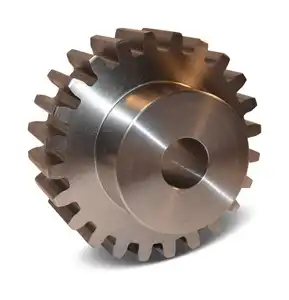


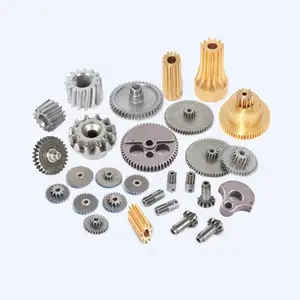




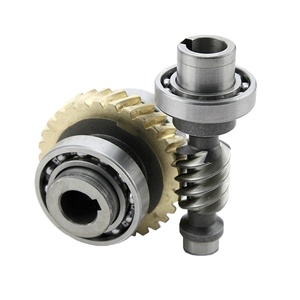

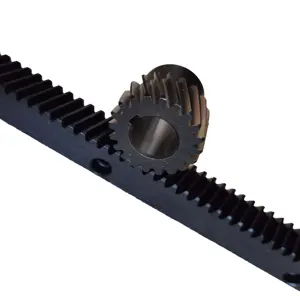





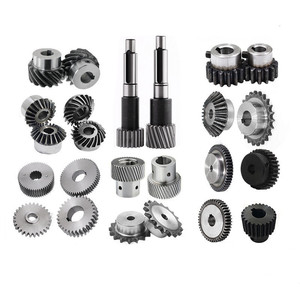









Top categories
About gears
Introduction to Gears
Gears are mechanical devices used to transmit power or change the speed or direction of motion in machinery. They consist of toothed wheels that mesh together to transfer rotational motion. Gears are crucial components in various industries, including automotive, manufacturing, aerospace, and more. They come in different types and sizes to suit specific applications.
Types of Gears
There are several types of gears used in machinery, each with its unique design and functionality. One common type is rack and pinion gears, which convert rotational motion into linear motion. Another type is worm gears, known for their high torque and quiet operation. Additionally, planetary gearboxes offer high power density and efficiency, making them ideal for various industrial applications.
Design and Technical Details
When it comes to the design of gears, precision is key to ensure smooth operation and minimal wear. Factors such as tooth profile, pitch, pressure angle, and material selection play a crucial role in the performance of gears. Rack and pinion gears, for example, require precise alignment for optimal efficiency, while worm gears need proper lubrication to reduce friction and wear.
Applications and Industries
The versatility of gears makes them indispensable in various industries. In the automotive sector, gears are used in transmissions and differentials to control speed and torque. In the manufacturing industry, gear motors power conveyor belts and other machinery. Aerospace applications rely on precision planetary gearboxes for critical functions.
Advantages of Using Gears
Using gears in machinery offers several advantages. They provide speed reduction or increase, torque multiplication, and direction reversal, making them essential for achieving different operational requirements. Additionally, gears are highly efficient in power transmission, ensuring minimal energy loss during operation.
In conclusion, gears are fundamental components in the machinery industry, playing a vital role in transferring power and controlling motion. Understanding the different types, designs, and applications of gears is crucial for businesses looking to optimize their machinery performance and efficiency.































